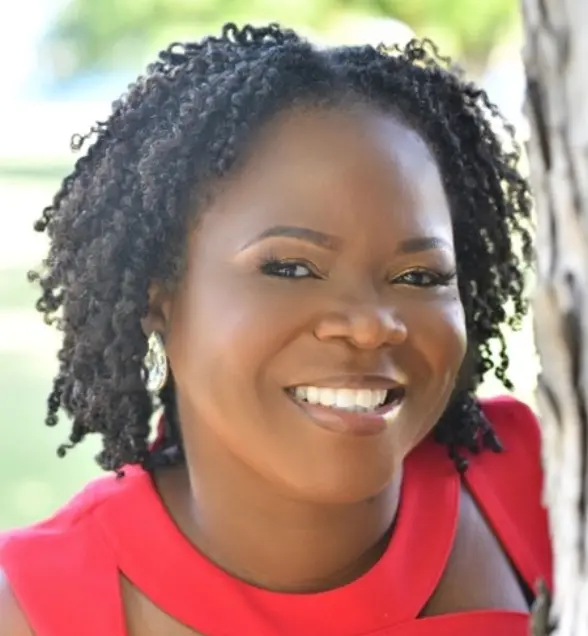It's hard to believe that it has been 30 years since my homeland of Montserrat was ravaged and reformed by the eruption of the Soufrière Hills Volcano that began on July 18, 1995. Though I left Montserrat seven years prior, the effects of this eruption was like a seismic tremor affecting Montserratians at home and abroad.
As a child, I never considered that I was living in the shadow of a dormant volcano. My fondest memories are of hiking the trails of Soufrière Hills and camping at the base of the volcano, cooking foil-wrapped eggs and potatoes over hot spots in the ground. I cherished the island's beauty, from the breathtaking waterfalls to the vibrant wildlife that thrived in its lush landscape.
The eruption was devastating, and it’s not an exaggeration to say that it has robbed me of things I will never regain in this lifetime. Nineteen lives were lost in the chaos—a tragedy that weighs heavily on my heart. I find myself mourning not just the lives lost but also the pieces of my childhood that disappeared with the eruption. I will never see my home again, which was located in the village of Parson, a small 45 - government scheme with houses nestled in the foothills of Chances Peak, or the quaint tiny Pilgrim Holiness Church that grounded my faith and shaped who I am today. The school where I spent my formative years is also gone, along with countless memories tied to places that will never be recovered.
I return to Montserrat often, but it wasn’t until early 2024, almost 29 years after the eruption, that I ventured into Plymouth to witness the ruins. As someone who knew what Montserrat was before the eruption, I was unprepared for the emotional impact of what I saw. The landscape I once knew was disoriented and unrecognizable. I felt discombobulated as I listened to the tour guide trying to explain the devastation while my mind struggled to reconcile these unfamiliar sights with my cherished memories. What was meant to be a nostalgic trip turned into a traumatic experience that left me grappling with my feelings long after I left.
For many of us Montserratians, we live in a three-dimensional space: before the volcano, during the eruption, and after. The decision to leave or stay during the eruption creates a divide between those who experienced the eruption first hand and those, like me, who left earlier but still lived with the knowledge of the island’s beauty and its subsequent destruction.
I often think about what Montserrat could have become had it not been for the volcano. Yet, I believe that there’s a higher power guiding us, and I hold onto the hope that everything works together for good. Although I am learning to cope with the loss, it's heartbreaking to see the island’s population dwindle from around 12,000 to just below 5,000.
Despite these hardships, Montserrat is on the path to recovery and rebirth. It remains a beautiful place to visit, and our resilient people have created space not only for ourselves but also for visitors and those who were born in Montserrat and had to leave. We are comforted to know that this is always a place called home.
As we commemorate the 30th anniversary of the eruption, we honor the memories of those we have lost and remind ourselves of the bright future that lies ahead. Montserrat’s landscape may have changed, but its spirit remains unbroken and like the phoenix we rise.
So, as it relates to the trauma of displacement, loss, and the journey toward healing, I find myself reflecting on the profound questions that arise: How did I heal? How did my family cope? How did we reconcile the difficult decisions made when our community was divided into two—those who remained and those who were displaced?
These questions are not just personal; they resonate deeply within the heart of our community. In Part Two of this exploration, I will delve into these themes and share the stories of resilience and recovery that have emerged from this experience. Stay tuned for its release later this summer, as we continue to navigate the complexities of our shared journey.

Vanessa Ingrid Farrell, MPH, MCHES
Born on the beautiful island of Montserrat in the Caribbean, Vanessa currently resides on the island of St. Croix in the United States Virgin Islands. She is an author, entrepreneur, and founder/CEO of VI Health & Wellness Coaching, LLC. Vanessa focuses on the importance of preserving and prioritizing heart health without sacrificing career and the joys of everyday life experiences.